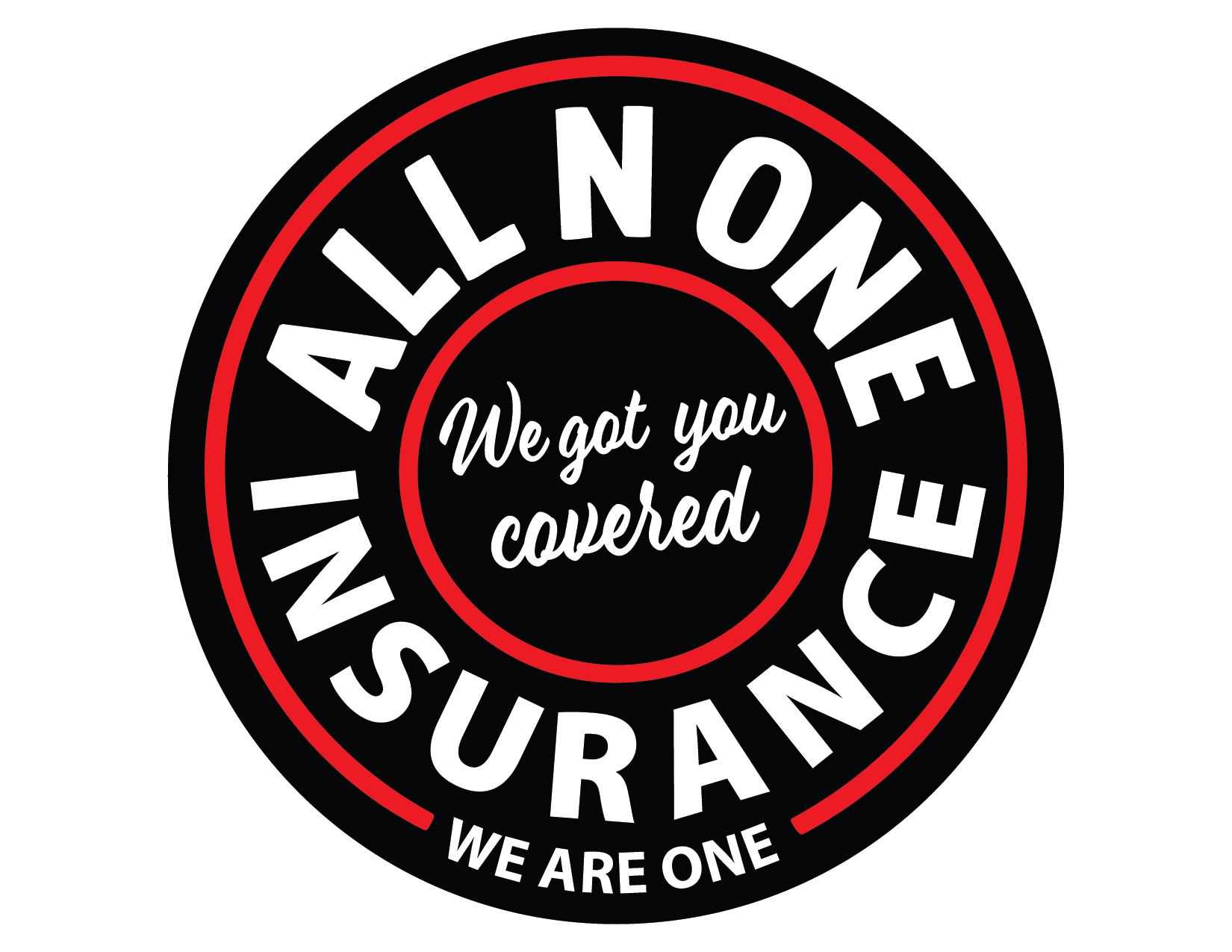When you are shopping for an insurance provider, you might encounter companies that say they offer both bonding and insurance. You might have also noticed that many companies advertise that they are bonded and insured. This claim is intended to inspire confidence in potential clients, but many people don’t truly understand what it means.
So, how does a company become bonded and insured, and what does it mean for customers? Understanding these terms is key to finding the right insurer, so you should read on to understand better how surety bonds and insurance work and why it is important to anybody seeking insurance.
What It Means To Be Bonded
One of the terms you will encounter if you are looking for insurance is “bonded.”
This word refers to an additional level of coverage a business can invest in that ensures customers receive the product or service they buy, even if they enter a dispute with the company.
If, for example, you pay the fee for a service performed by a company that maintains surety bond insurance, you should receive the service. If for some reason you do not, a bond allows you to file a claim and receive the sum you are due — or a refund — from the bond.
A surety bond is a bond between three parties — the client, a company, and the bond insurer — guaranteeing that if the company does not carry out its obligations, the client is eligible for reimbursement or refund of fees. Companies most commonly carry both surety bond and insurance, but there are several different types of surety bonds, including the following:
- Bid bonds
- Fidelity bonds
- Commercial bonds
- Payment bonds
- Performance bonds
Performance bonds are the most common kind of surety bond used by companies to insure payments to clients. This type of bond is issued to a party in a contract to guarantee payment even if the other party in the contract fails to satisfy their obligations. This is why companies advertise that they are bonded — it means that your money is safe, even if there is a dispute or the company does not satisfy the terms of your contract. When you are working with a company that is bonded, you always have recourse available if the transaction does not go as planned.
Understanding Surety Bond Insurance
If a company is bonded, why would it need to be insured, too? Bonded and insured mean different things, and insurance is still a necessity even when a company is already bonded. Insurance provides a more general umbrella of protection to companies. Most companies carry business insurance, which covers losses that result from property damage, legal liabilities, and risks incurred by employees. This form of coverage ensures that the business can continue operations even if an unexpected expense arises.
The business insurance carried by a company may be different than standard business insurance, though. Insurers partner with companies to offer security bonds that allow them to serve clients with minimized liability. Companies also need insurance to guard against the various liabilities of operating a business, including lawsuits and legal responsibilities. An insurance policy protects companies from legal liability, for example, if a defendant decides to flee or skip a court hearing after they have been released on bond.
In addition to surety bonds and business insurance, a company will likely also carry general liability insurance in order to shield against liability for injuries and accidents. Most companies operate a brick-and-mortar storefront, and like any other business location, they may be held legally responsible for injuries that occur on their premises. General liability insurance protects companies from costs incurred by medical bills or litigation that stems from an on-site accident.
Insurance and Bonds That You Can Trust
When you are looking for an insurance provider, you need one that you can trust — one that is bonded and insured. Understanding these terms makes their importance clear, and that is one of the reasons you can trust All n One for the most reliable surety bond insurance services. All n One serves the Las Vegas and Memphis areas, providing 24/7 assistance to clients. Call (702) 850-7711 or reach out online for more information on how you can benefit from these services.

